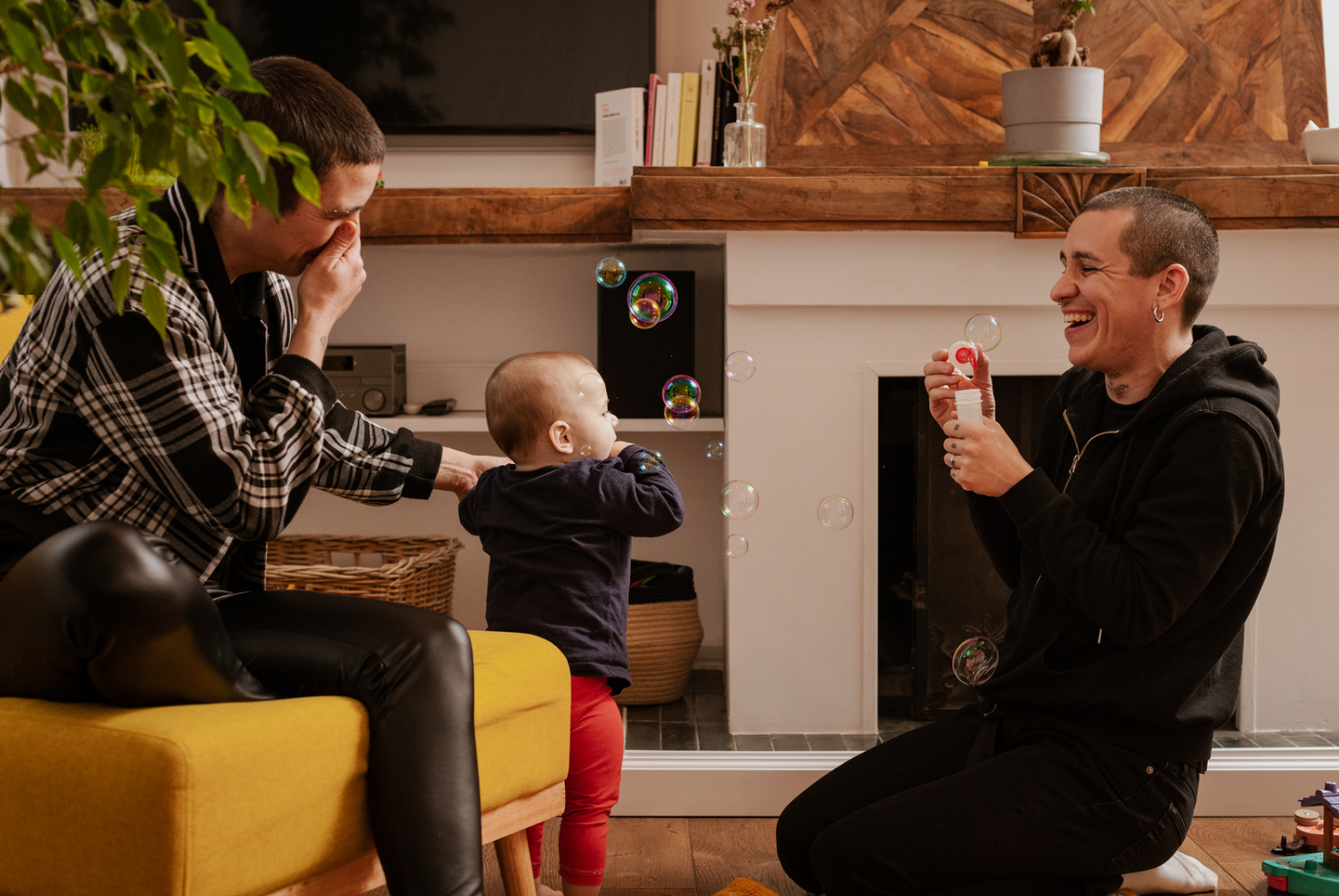*From Jan 1 2026 session fees are $275 per 50 min session (meaning a $129.75 out of pocket cost with a Mental Health Care Plan).
Amie Shailer & Caitlin Proctor & Emma Schmidt
*From Jan 1 2026 session fees are $240 per 50-min session (meaning a $141.04 out of pocket cost with a Mental Health Care Plan)
Rachelle Abraham & Niamh Sullivan
*From Jan 1 2026 couple/relational therapy is $275 per 50-min session
Our cancellation and non attendance policy is set out in this manner for two main reasons:
If you have concerns about this policy (such as chronic health issues, unpredictable work schedules or child care responsibilties, etc) please speak with your clinician. We are committed to working collaboratively and we are often able to find solutions that accomodate invidiual circumstances.
Cancellation fees:
Please note that we make every endeavour to fill cancellations and should we be able to fill this cancellation then you will not incur the fee.
If you are unwell on the day of your appointment, please let us know as soon as possible so we can assist you in rescheduling or moving your appointment to Telehealth (video call).
If your clinician is unwell, your session may also need to be moved to Telehealth. You're welcome to use the clinic space for your Telehealth appointment if you don’t have a suitable place to conduct the session at home or work. If this is necessary please contact our admin team to arrange.
Administration will automatically email through a late cancellation/non attendance unless the reason for cancellation is illness. If you have questions or concerns about the invoice, please contact us directly via email, as our reception staff are not able to resolve billing issues. We aim to apply this policy reasonably, and we will always consider individual situations alongside our practice guidelines.
Please note, you are unable to claim a medicare/private health fund rebate on cancellation/non-attendance fees.

Learn about Microscripts, a communication tool from designed to break repetitive conflict patterns and support connection.
Read More ➔
Explore the Triforce of Communication from Multiamory and learn how clarity, empathy, and asking for what you need can improve relationships.
Read More ➔.png)
Relearning what desire, pleasure, and connection look like after the honeymoon phase.
Read More ➔